THE BLOAT BREAKDOWN
THE CAUSE: Bloating, the general discomfort of a swollen stomach, can be caused by swallowed air, particular foods and beverages, medicines, nutritional supplements, certain medical conditions and changes in hormone levels.
THE EFFECT: Bloating leads to a buildup of excess gas and fluid in the stomach or intestines. This leads to stomach swelling and the uncomfortable feeling of a full, tight abdomen. As a result, bloating can bring about certain embarrassing side effects: belching and flatulence to keep things professional. Belching and flatulence are the body’s attempt to remove the gas from the stomach.
THE SOLUTION: Eating small portions and eating more slowly help reduce the risk of bloating. The slower you eat, the more time your brain has to realize you’re full, which helps prevent overeating. Something as simple as paying attention to the foods you consume will also help beat the bloat.
What to enjoy:
Certain vegetables and fruits
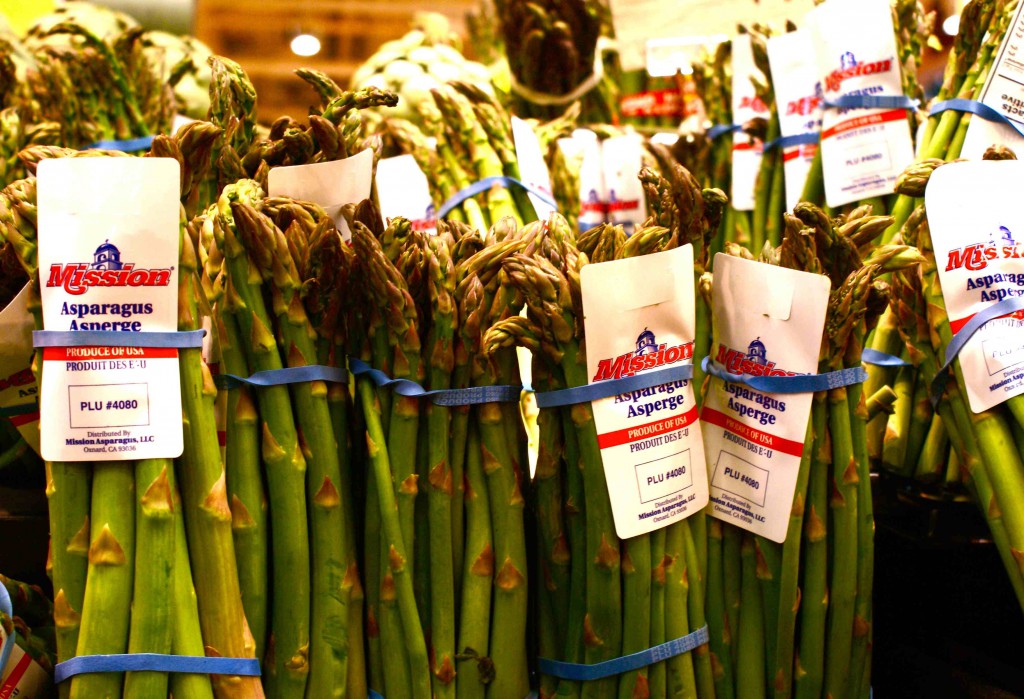
Photo by Aurelie Corinthios
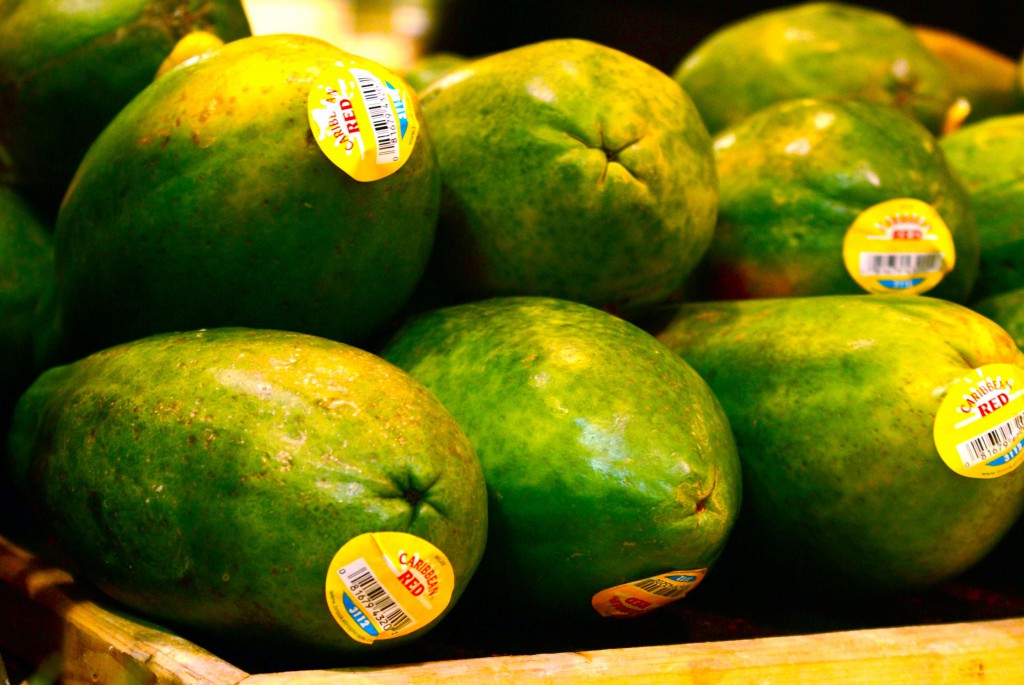
Photo by Aurelie Corinthios
Research shows that certain vegetables and fruits may aid digestion. Asparagus contains compounds that promote the growth of healthy bacteria in the intestines, which increases the movement of food through the digestive system. Moreover, because of its diuretic properties, it flushes excess water and waste from the body. Papaya, on top of being low in calories and loaded with antioxidants, contains papain, an enzyme that helps with digestion and the breakdown of protein.
Yogurt and soft cheeses
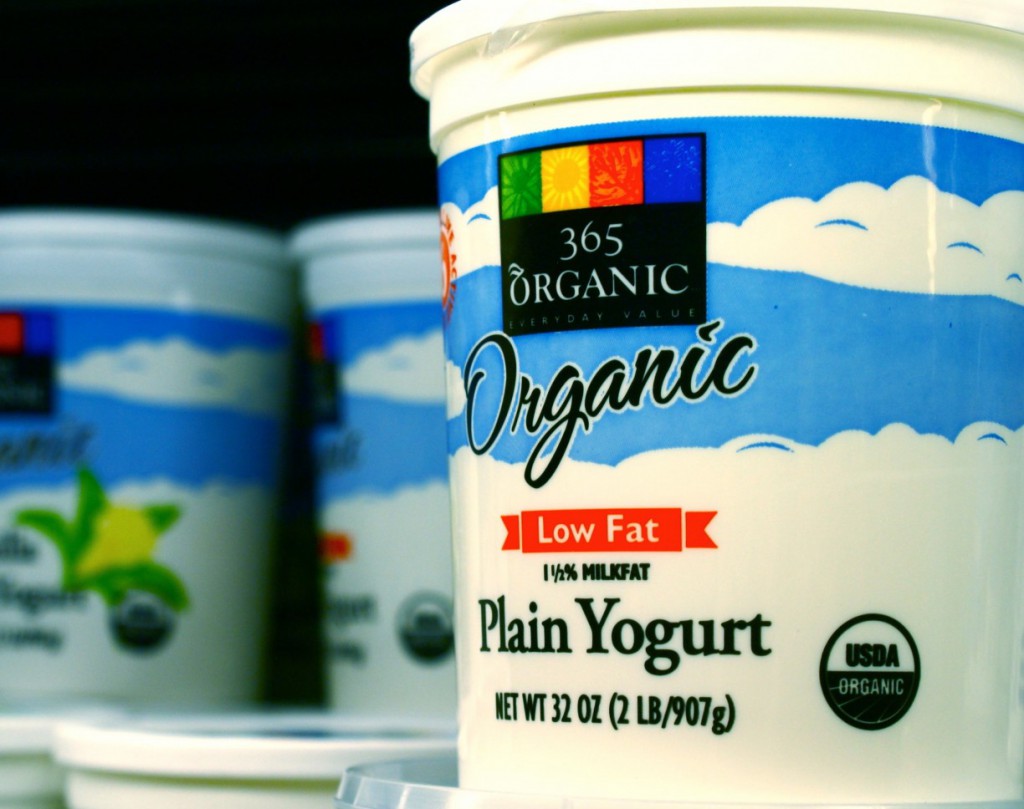
Photo by Aurelie Corinthios
Eating yogurt with active cultures increases the number of healthy bacteria, helping you digest more efficiently. Plain, organic yogurt usually contains these active cultures.
Rice, oats, and whole-grain cereals (with no added malt)
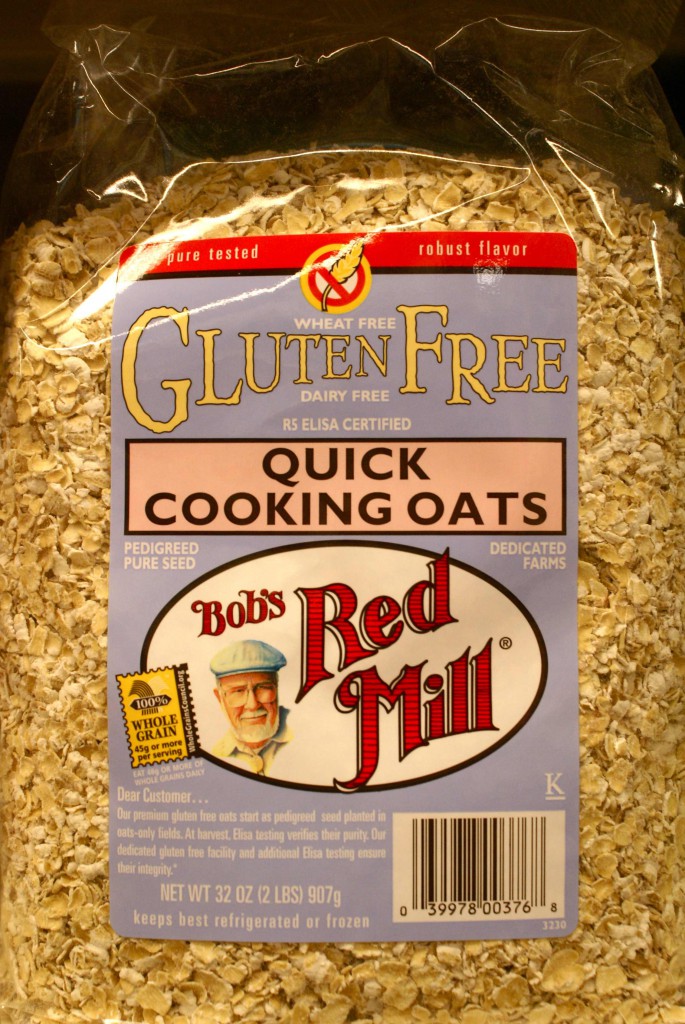
Photo by Aurelie Corinthios
In recent studies related to digestion, oat bran has proved to be particularly beneficial due to its high levels of fiber.
Grains, rice, and nuts (not salted or honeyed).
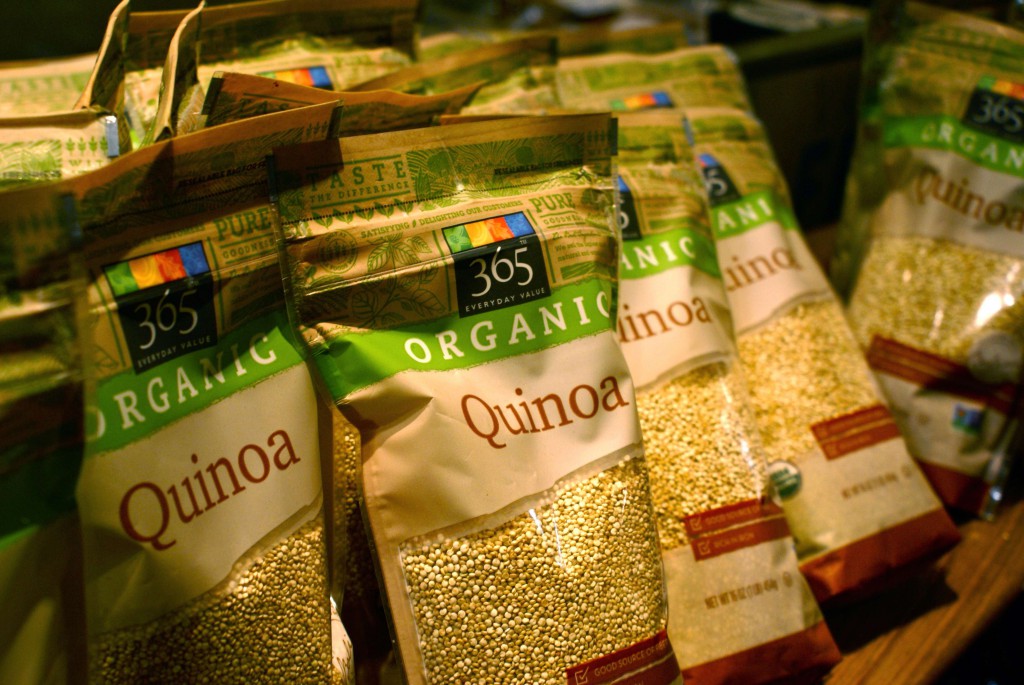
Photo by Aurelie Corinthios
Quinoa is a South American grain with a great source of minerals, including magnesium, phosphorous and manganese. The potassium in quinoa will also aid digestion.
What to avoid:
Gassy veggies.
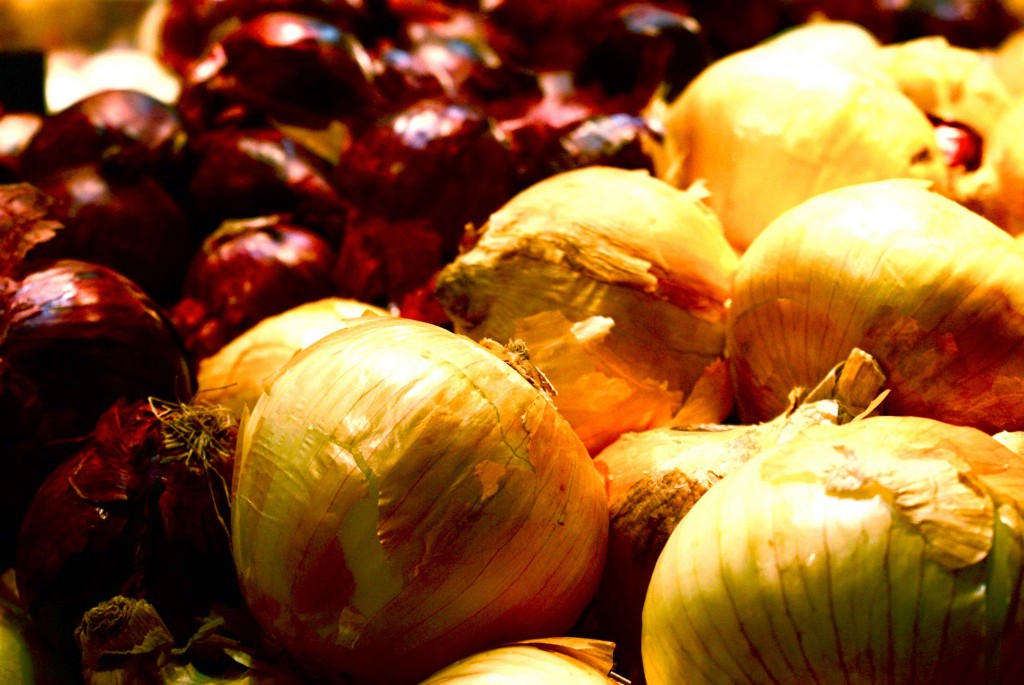
Photo by Aurelie Corinthios
Certain vegetables are gassy, such as broccoli, cabbage, onions, cauliflower and Brussels sprouts. These veggies can contribute to the buildup in your system that leads to bloating.
Too much salt
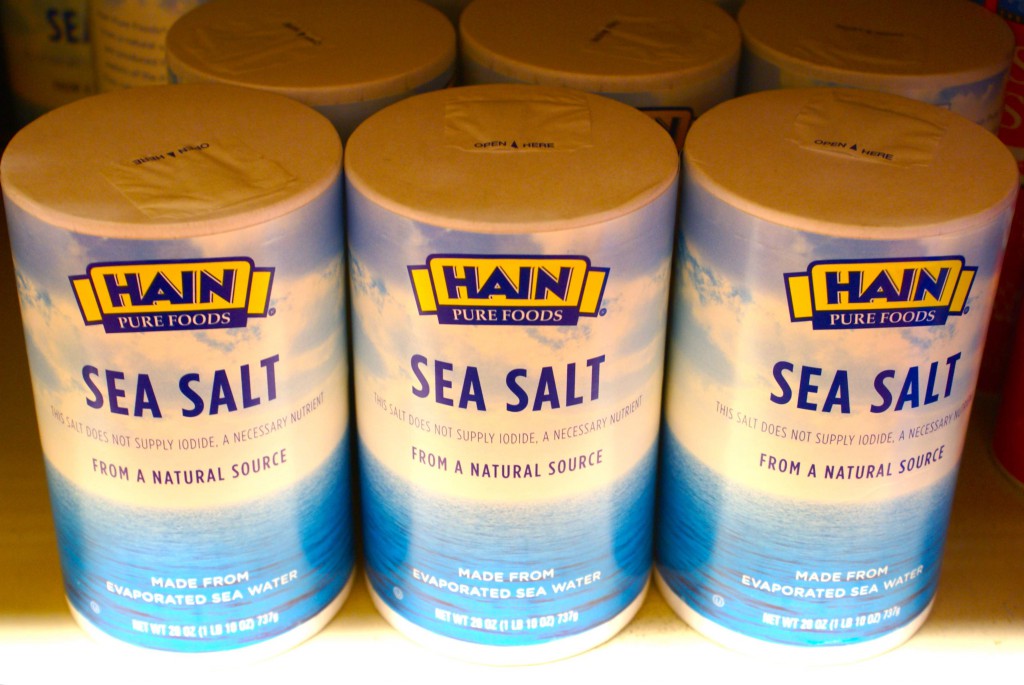
Photo by Aurelie Corinthios
Excessive amounts of sodium cause the body to retain more fluids, which contributes to that bloated, swollen feeling.
Too much sugar

Photo by Aurelie Corinthios
Sugar substitutes often found in low-calorie or low-carb foods like cookies and candy bars are difficult for the body to absorb.
Chewing gum
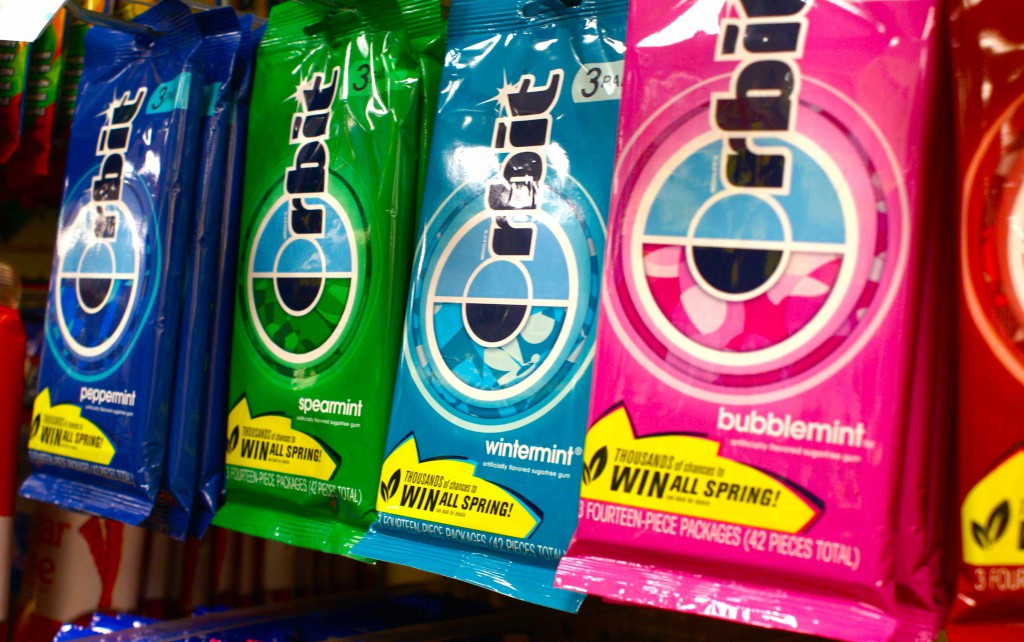
Photo by Aurelie Corinthios
When you chew gum, you swallow air that causes pressure and bloating.
Carbonated drinks
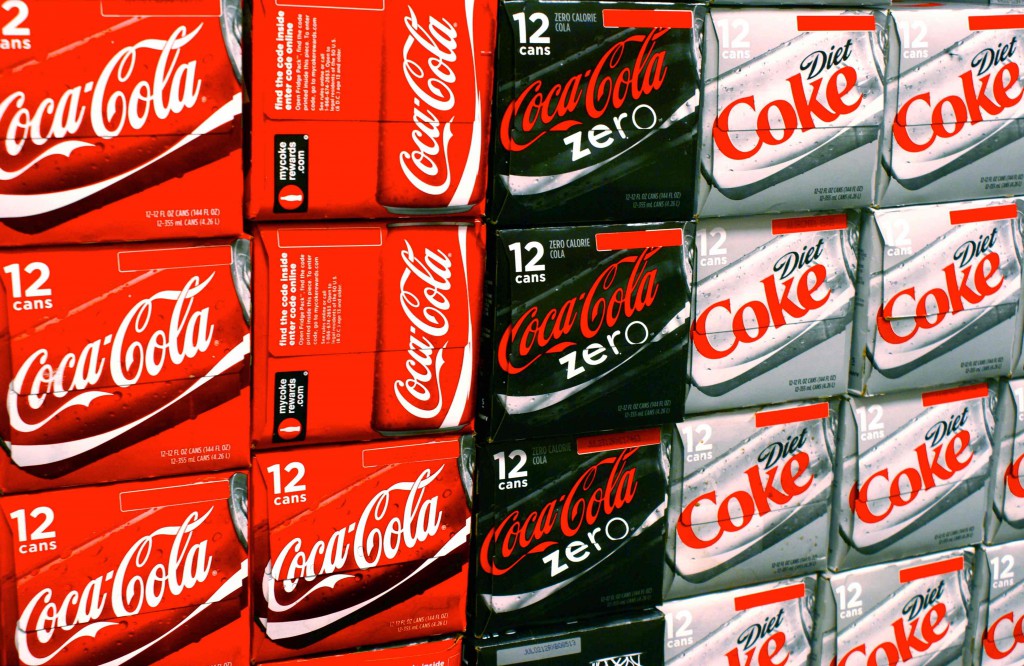
Photo by Aurelie Corinthios
The bubbles in carbonated drinks end up in your belly, contributing to the excess gas and fluid buildup in your system, so swap that Diet Coke for some flavored water.

